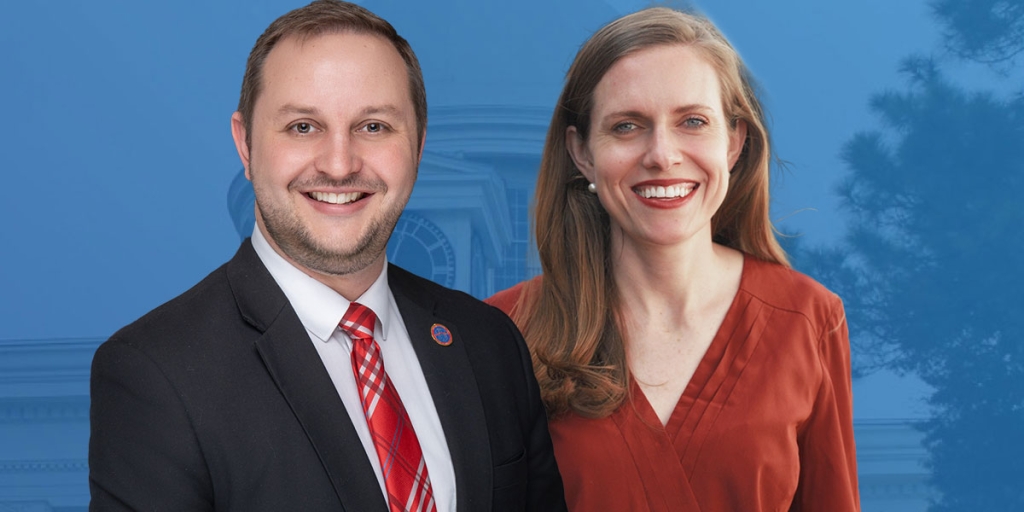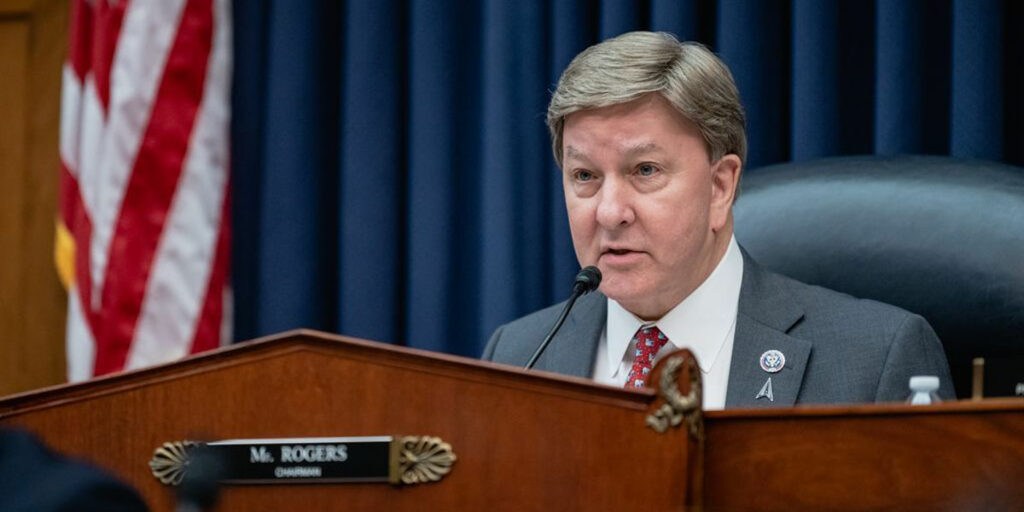This was a big week in the Legislature for education and, in particular, school choice.
With only 10 days of the regular session remaining and state budgets still to be authorized by their corresponding chambers – lawmakers are becoming increasingly focused on what’s attainable.
Advocates and lawmakers identified school choice as a priority going into the regular session – seeking to make further gains in a state that ranks 16th in educational freedom, according to a Heritage Foundation index.
As their scorecard puts it, “Alabama could improve its ranking by establishing K-12 education savings accounts, expanding eligibility for, and boosting participation in, its private-school-choice program, making it easier for more charter schools to open and operate; and giving families more choices among traditional public schools.”
Even as the 2013 Alabama Accountability Act approaches a 10-year landmark as the basis for Alabama’s school choice inventory, it’s still a work in progress.
Sen. Donnie Chesteen (R-Geneva) has a bill that would increase the scholarship amount for elementary and middle school aged students to $10,000 per year for transfer from a “failing” public school to private.
Currently, there are two school choice proposals moving through the Legislature that address an education savings account (ESA) – a framework in use by Florida, Tennessee, Mississippi and Georgia. Generally speaking, ESAs are designed to provide parents more control and flexibility in their children’s education by purposing state funds for use outside the public school system.
This week, the Legislature advanced two school choice proposals and introduced another into the mix. In the Senate, the PRICE Act was given a favorable report in committee, the SUN Act was approved by a full vote of the House, and the Alabama Fits All Scholarship Program was introduced.
Student with Unique Needs (SUN) Act
Passed by the House on Thursday, the SUN Act would create a $5,600 ESA for parents of children enrolled in public school who meet a particular criteria, such as those who have an individual education plan or recognized disability. Other criteria include children of active, former or fallen armed service members, and foster or adopted children.
In its initial year, the program would be limited to 500 scholarships, set to increase by an additional 500 scholarships each subsequent year, beginning in 2024. It comes with a fiscal note of $3 million.
The SUN Act is one of two school choice bills brought by House Education Budget Chairman Danny Garrett. He said it’s in line with Florida, Mississippi and Tennessee’s versions of school choice.
“Some of the public schools, like in my district, we have a public school that does an outstanding job in our system with special needs children,” Garrett (R-Trussville) said. “But then I also have systems in my district where that’s not the case. And there’s a lot of children who are just in a place where parents really have a lot of burden, and a lack of resources to help.”
Among all school choice bills, educational benchmarks are a topic of discussion. The SUN Act received an amendment by Rep. Terri Collins requiring recipients to undergo standardized tests administered by their respective resident school districts.
“This is the more fair and accurate thing,” Collins (R-Decatur) said. “And that’s why I want those parents to have that accountability. I want prospective parents to be able to see how is this private school doing, how is this different program doing?”
Parental Rights in Children’s Education (PRICE) Act
Introduced by Sen. Larry Stutts (R-Tuscumbia), the PRICE Act would establish a universal educational savings account eventually available to all students in Alabama. As outlined in the bill, ESAs could be utilized for various educational options, including private, online or home schooling.
That account would offer parents up to $6,900 per child of state education money to pay for educational-related expenses like tuition, textbooks and tutoring. The Alabama Department of Revenue would administer the program with a 13-person advisory board.
On Wednesday in committee, Stutts amended the bill to cap the impact on the Education Trust Fund to $50 million during the initial three-year period. Prior to the amendment, the bill came with a $576 million fiscal note.
“That’s one of the beauties of the details of the act is that it’s universal. You can participate, you can not participate. If you don’t participate, then nothing changes,” Stutts said. “If you do participate, then you could be a homeschooler. You could be in charter school, you could be in private school. But there’s a long list of things that are approved educational expenses. But tuition is obviously the first one.”
The Alabama Republican Party released a statement supporting the bill.
“School choice legislation like the PRICE Act will give Alabama students the opportunity to reach their full potential by allowing their parents the ability to choose an academic environment where their child can best thrive,” party Chairman John Wahl said.
After the price cap amendment was introduced, Senate Education Budget Chairman Arthur Orr (R-Decatur) said Wednesday he wanted to get the bill through the committee, recognizing progress had been made.
“Before it hits the floor, we still have a lot of work to do,” Orr said. “I’m also interested to see what Chairman Garrett in the House has filed, based on the Utah model.”
Alabama Fits All Scholarship
As the SUN and PRICE Act advance through the process, another proposal by Garrett will quickly enter the conversation. The Alabama Fits All Scholarship Program would create a scholarship program for eligible students to pay for private school tuition and education-related expenses.
Garrett said it’s very imilar to Utah’s landmark legislation expanding school choice.
“It’s universal school choice,” Garrett told Yellowhammer News. “I filed the same bill for Alabama and the Alabama version of that with a $45 million cap, which will benefit about 6,000 students.”
It would be overseen by the State Board of Education, which would establish scholarship accounts on behalf of eligible students and distribute scholarship funds.
“When I did the research and looked, I found there were only 100,000 ESAs in the entire United States. And being a data guy, I want to understand why is that?” Garrett said. “Even though we’ve heard a lot with the school choice bills, and the universal choice bills, we had not seen a growth in ESA.
“Now, if you look at the 100,000 ESAs in the country, I think about 60,000 of those are in Arizona, so that’s been where most of the growth in the ESAs has come. But the other states tend to have universal choice to the extent that everybody qualifies for it, but it’s not available to everybody.
“It’s going to be a discussion that continues and evolves.”
Grayson Everett is a staff writer for Yellowhammer News. You can follow him on Twitter @Grayson270 for coverage of the 2023 legislative session.













